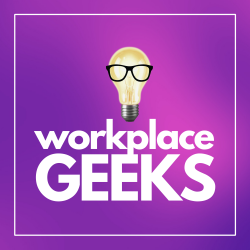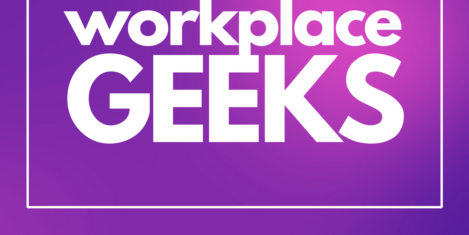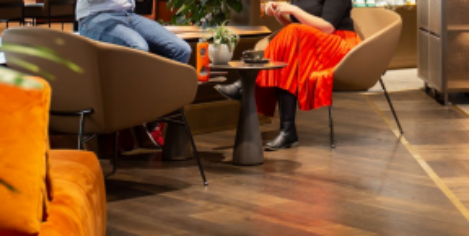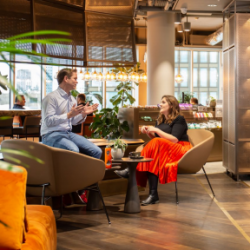June 17, 2022
Coworking secret sauce: Experience unbound with Imogen Privett
 Episode 10 of Workplace Geeks sees Chris Moriarty and Ian Ellison talking with workplace innovation consultant and senior research associate at UnWork/WORKTECH Academy, Dr. Imogen Privett, discussing the fascinating content and findings from her recent doctoral thesis, Experience Unbound: The Effects of Coworking on Workplace Design Practice. Imogen’s research offers a cautionary tale for interested organisations – merely adopting the spatial strategies or aesthetics of coworking without acknowledging the careful curation of space and relationships is unlikely to yield positive results. More →
Episode 10 of Workplace Geeks sees Chris Moriarty and Ian Ellison talking with workplace innovation consultant and senior research associate at UnWork/WORKTECH Academy, Dr. Imogen Privett, discussing the fascinating content and findings from her recent doctoral thesis, Experience Unbound: The Effects of Coworking on Workplace Design Practice. Imogen’s research offers a cautionary tale for interested organisations – merely adopting the spatial strategies or aesthetics of coworking without acknowledging the careful curation of space and relationships is unlikely to yield positive results. More →






















 You probably saw that meme based on an article in the
You probably saw that meme based on an article in the 















June 14, 2022
Loneliness might hold back hybrid working productivity gains
by Gosia Bowling • Comment, Flexible working, Wellbeing